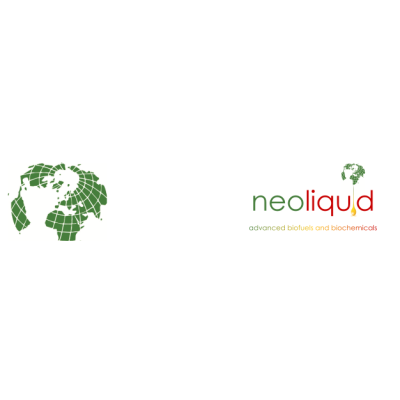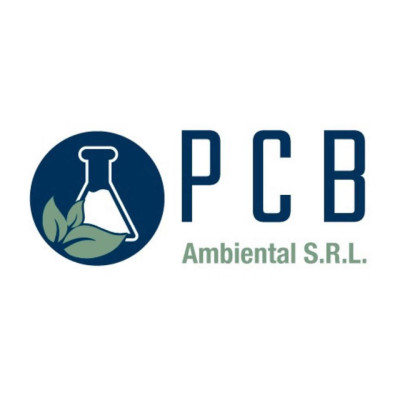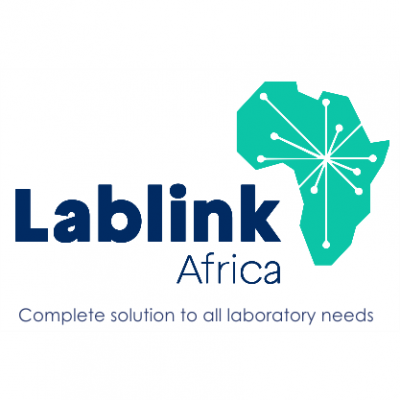Print

Neoliquid Advanced Biofuels and Biochemicals
General
Jobs • 0
Shortlists/Awards • 1
Pricing strategy • 0
Partners/Competitors • 5
General
Jobs
Shortlists/Awards
Pricing strategy
Partners/Competitors
Details
Legal residence:Spain
Organization type:Consulting organization
Funding agencies: European Commission Directorate-General for International Partnerships (EuropeAid HQ), Other
Sectors: Environment & NRM, Laboratory & Measurement
Nr. of employees:2-10
Status:
Active
About
Improper management of the various types of waste being generated leads to pollution of the atmosphere, soil, surface and underground water sources. In order to mitigate these effects, specific initiatives related to the generation and management of wastes must be applied, destined to prevent the production of waste materials.We must also encourage the re-use, recycling, and recovery of these wastes in order to increase the efficiency of resource usage.
The most emblematic initiatives that make up the Europe 2020 Strategy, which is founded on intelligent, sustainable and integrated growth, notably emphasise the efficient use of resources, or in other words, development of measures designed to promote the circular economy, based on a society that recycles in order to reduce the production of wastes or else use them as resources.
NEOLIQUID offers technology designed to recover value from wastes with a variety of origins, including multiple types from the classification indicated below and defined by Spain's Law 22/2011 of 28 July on wastes and contaminated soils.
- DOMESTIC WASTES. Wastes generated in households as the result of domestic activities. Types of waste similar to those above are also considered as domestic wastes when generated in service and industry. This category also includes the wastes generated in homes from electrical and electronic devices, clothing, batteries, furniture and other goods, as well as wastes and rubble produced by minor construction work and home repairs. Other materials considered as domestic waste are those coming from the cleaning of public roads, green areas, playgrounds and beaches, and also dead domestic animals and abandoned vehicles.
- COMMERCIAL WASTES. Wastes generated by the activities of a business, whether wholesale or retail, by restaurant and bar services, offices, markets, as well as by the rest of the services sector.
- INDUSTRIAL WASTES. Wastes resulting from the processes of manufacturing, transformation, usage, consumption, cleaning, or maintenance as generated by industrial activities, excluding the atmospheric emissions regulated under Spain's Law 34/2007 of 15 November.
- BIOWASTES. Biodegradable waste from gardens and parks, food and cooking waste from homes, restaurants, institutional catering services, retail sales establishments and similar wastes coming from food processing plants.
It is also important to emphasise the production of value from AGROFORESTRY BIOMASS, although this type of waste is not included in the legislation cited above.
The process developed is being used to obtain a variety of sustainable products, with significant quality and high value added, including those listed below.
- BIOLIQUID. This is a liquid fuel obtained through extractive technology and dedicated to energy-related uses, as well as to production of multiple chemical products for various types of industries, primarily chemical and pharmaceutical.
- BIOFUEL. This is a fuel dedicated to transport and which can serve as a substitute for consumption of fossil fuels.
- RENEWABLE FUEL OF NON-BIOLOGICAL ORIGIN. This is a liquid obtained from materials of non-biological origin coming from wastes (e.g., plastic destined for the landfill), or a mixture of these with wastes of biological origin.
- BIOCHAR. This is a product of organic origin used as a soil amendment.
- PYROLIGNEOUS ACID. This is a product used as a fertiliser and herbicide.
- BIOASPHALT. This is a product of sustainable origin which avoids the need to consume non-renewable materials.
- SYNTHETIC GAS. This gas is used to obtain thermal energy and, also as a bioliquid through the process known as Fischer-Tropsch.
Top partners

Top competitors


Similar Companies
By Sectors and Organization Types
Country:
Bolivia
Awards:
1
Jobs:
0
Country:
Laos
Awards:
1
Jobs:
0
Country:
South Africa
Awards:
0
Jobs:
0




